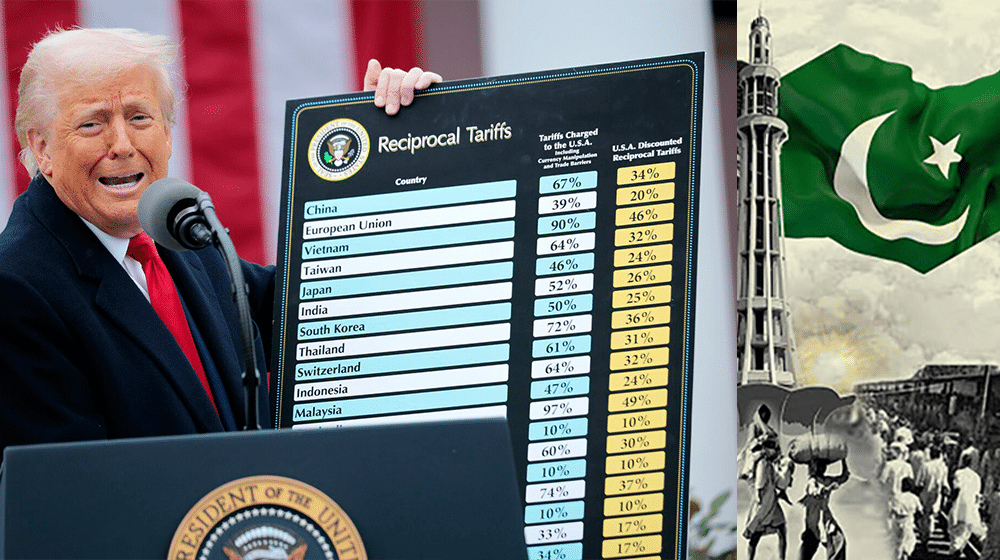
The Pakistan Institute of Development Economics (PIDE) has raised alarms about potential US tariffs on Pakistani products. Although these tariffs have been temporarily suspended, PIDE warns that their eventual implementation could severely harm Pakistan’s export sector. The think tank predicts a possible 20-25% decline in exports to the United States, costing the economy between $1.1 billion and $1.4 billion annually.
PIDE highlights that Pakistan’s textile sector would be particularly vulnerable to these increased tariffs. Currently, Pakistani textile exports represent a significant portion of the $5.3 billion worth of goods sent to the United States in fiscal year 2024. Higher tariffs would make Pakistani products less competitive compared to those from neighboring countries like India and Bangladesh, putting over 500,000 jobs at risk.
In light of these challenges, PIDE calls for urgent policy reforms and diplomatic efforts to mitigate the impact. The report suggests engaging with the United States to discuss the mutual costs of these tariffs and explore possible trade agreements. Pakistan could lower tariffs on specific US imports and increase the use of US-origin inputs to strengthen trade ties.
Moreover, PIDE stresses the need for Pakistan to diversify its export markets beyond the United States. New opportunities exist in regions like the European Union, China, and Africa, especially for sectors such as IT and halal food. By focusing on strategic reforms and reducing operational costs, Pakistan can become more competitive in the global market.